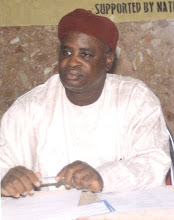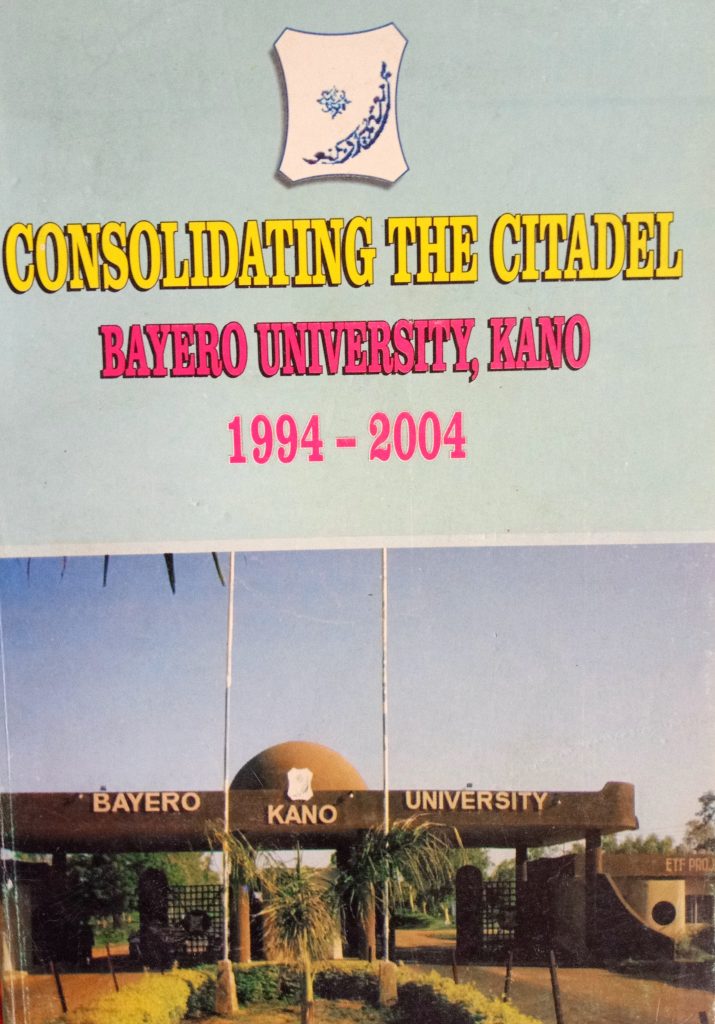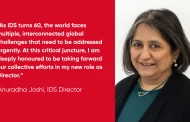The invitation to the event which somehow found its way to Intervention has it that it is a lunch and a Roundtable on M. M. Yusif’s Retirement at which the topic for discussion would be “Remembering the Old Days: Making Sense Of the Transformation of the Academia in Nigeria”. It would take place at Bjorn Beckman Hall, the Centre for Information Technology and Development (CITAD), Kano on Saturday, September 9th, 2023.
Those outside the Zaria-Kano geo-cultural, academic and activist axis in Nigeria and beyond are sure to wonder why an academic who never rose beyond the status of a Senior Lecturer might be worth a Roundtable and a symbolic farewell. Such persons would not be doing anything outrageous because M. M. Yusif is neither a Bala Usman nor an Attahiru Jega in national memories. But he is, indeed, one of the pillars on the basis of which a former Vice-Chancellor of Bayero University, Kano described the Department of Political Science the second of the two strongest departments in that university, the other one being the Department of English and European Languages. And the Vice-Chancellor of BUK who made that remark is, arguably, one of its best in terms of solidarity with students’ suffering, incorruptibility and progressive ideological orientation.

M M Yusif
It would certainly be outrageous to suggest that the exit of Mallam Ibrahim Muazzam a few years back and now M. M. Yusif from the Department of Political Science at Bayero University, Kano, aka BUK would be the death of the Department. No. there are other great guys in the place but it won’t be outrageous to suggest that the department will hardly ever be the same again. Whether the VC had a Muazzam and an M. M Yusif in mind, they were definitive of the strength in question. But while Muazzam was the connoisseur of the philosophical, MM Yusif was the archetypal activist academic.
He was the closest to a practitioner of the epistemological approach known today as abduction and even the technique called Retroduction – a critique of inductive as well as deductive reasoning. You see that in the kind of reading materials M. M. Yusif unleashed in his Reading List – what the NLC is doing, what NANS was doing, what women organisations and sundry NGOs were doing or thought they were doing. In other words, Marx was somewhere overlooking the class but not Marx served like rice and eaten without questions regarding the Nigerian context of the problems being studied. He proceeded from what were on the ground to affirming or destabilising the theories such that cramming will not help the escapist student in his class.
Teaching is all about the capacity to frame the questions. He was very good at that. A response from one of his students to the first posting of this story reminded Intervention of his gesticulations in the class which were unique to him as well as the raising of his voice on certain issues which any intelligent student can take as an unfailing signal of where the examination questions might be coming from. His activist orientation positioned him to frame it without any esoterica but in a way that is like holding a mirror to everyone’s eyes. Once he taught the course: Imperialism and Neocolonialism. The examination questions he set are the type of questions that any elected and selected political leaders ought to answer at what was IBB’s Centre for Democratic Studies before they were sworn-in. It might not stop anything but …
This is not to talk about currency with the stuff in the key areas that were his academic interests. By his own testimony, they include political economy, State and Society, Development Studies and Industrial Relations. He was not just the scholar, he was also a trade unionist and pro-democracy campaigner, activist of civil society politics. He superintended a WTO Mock Summit Group in Bayero University, Kano which is heading towards becoming national organization. His informality with students, pronouncing every student’s name in an MMYseque manner made him, indeed, to earn the title of a ‘born teacher’.
These are some of the reasons why the topic of Saturday’s event seems well chosen and speaks to the death of an era – the era which educated the generation of the M. M. Yusifs in this part of the world and made them to choose academia as their profession and to swim in it without manipulating how it should work. The departure of anyone of them from any of the campuses must thus be a moment for mournful celebration because of the implications of what is replacing their generation in Nigerian academia. Whatever is replacing their generation is nothing near theirs in quality and direction and this is not deriding the current or succeeding generation. There are brilliant elements even in the succeeding generation except that they are too few and have been defeated even before the start of the battle. Only the impostors amongst them would contest this. Otherwise, by what magic can any lecturer succeed in imparting knowledge to a course unit with over 3000 students cramped into a hall with a holding capacity for less than 500? It is a joke.
Contemplating the post-M. M. Yusif moment in the Nigerian university system can be frightening, particularly in the light of the NUC’s butchering of courses and the celebration of the same as innovation. Surprisingly, no section of the society, not even the gentlemen in the Employers association or the chambers of commerce and industries are alarmed that the NUC believes it is possible to obtain a university degree without epistemological grounding. Not even Mallam Nuhu Ribadu or IGP Egbetokun have expressed alarm at the terrible decline in the quality of education in the country and the implications of that for national security even as substantial number of the elite can no longer go to their villages as much of the rural areas have fallen to bandits, cultists and sundry rebels with confused causes. Only the university system can produced a critical mass that may be radical but not take to banditry, terrorism or any such pattern of negative accumulation. So, if you destroy the university system with the sort of thing the NUC is doing, the society will pay a price. The university system the NUC has prepared for Nigeria can only produce more terrorists, extremists, secessionists and ultra-chauvinists. So, it is not clear why Prof Tahir Mamman, the Minister for Education, is endorsing the NUC course butchering and asking ASUU and the universities to take advantage of it. Take advantage? How? It is most likely the Honourable Minister had not ‘read’ it. Otherwise, there are no advantages in that technicism.
For those of us who are not in a position to attend the ceremony, it would certainly be great to read what attendees at the Roundtable have to say about the old days in relation to making sense of the transformation of the academia in Nigeria.




























